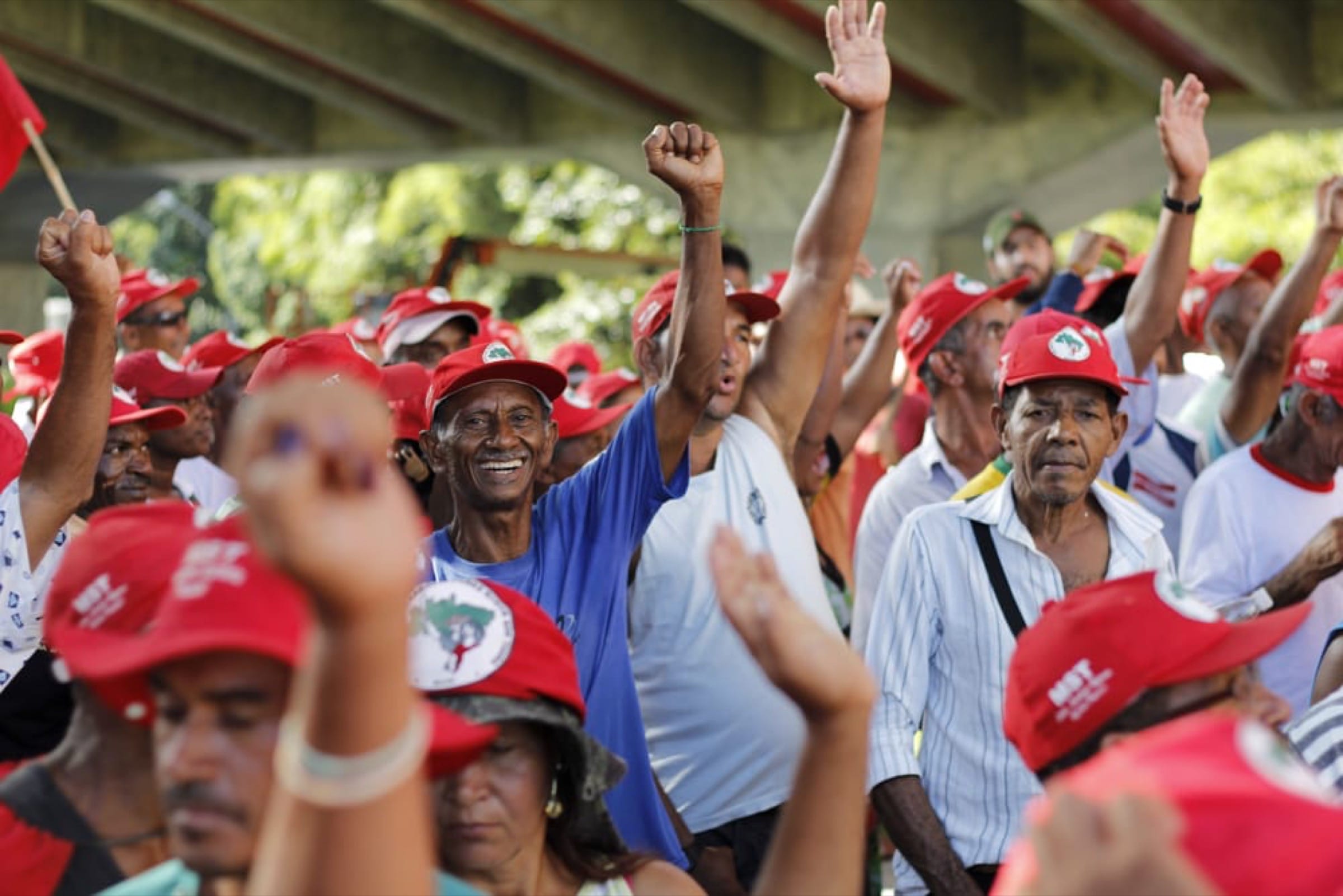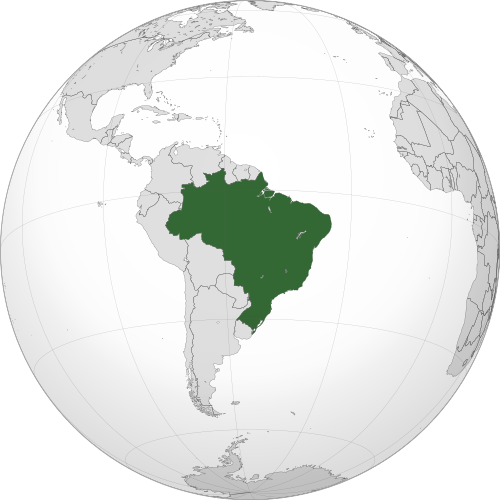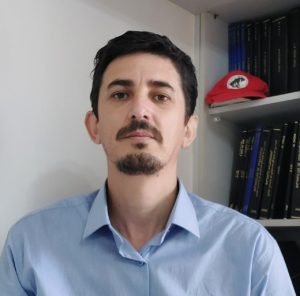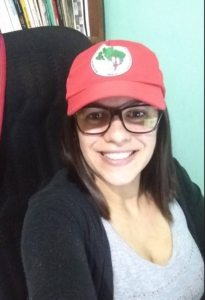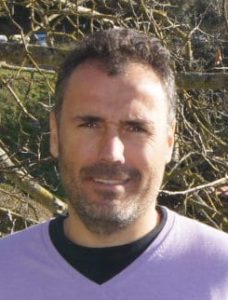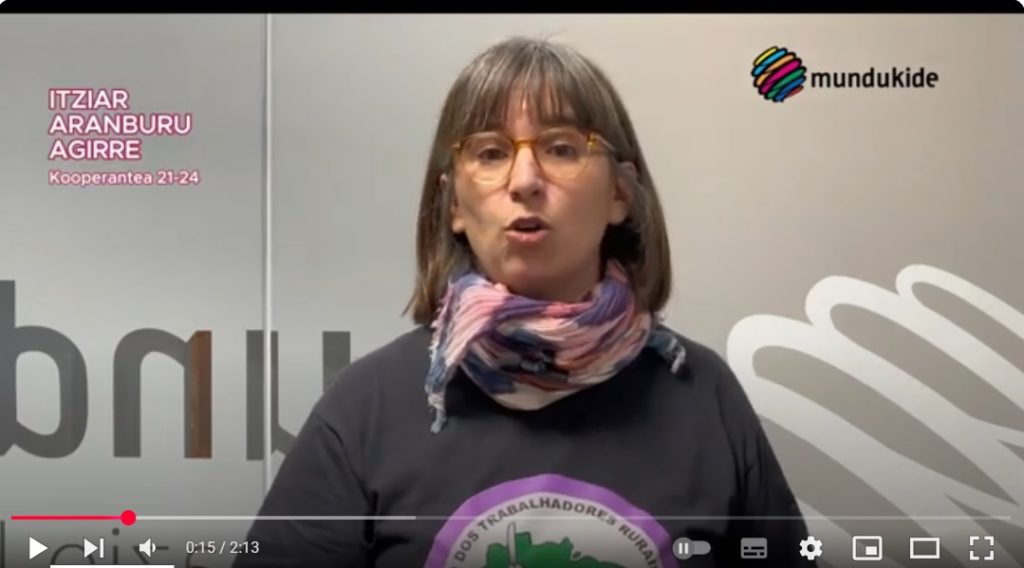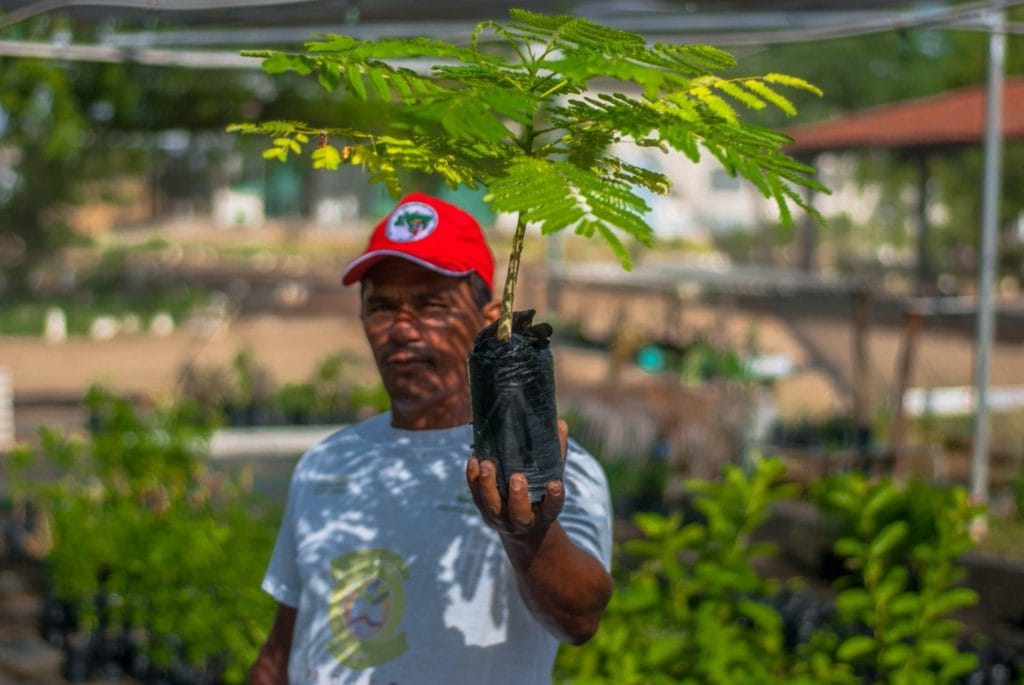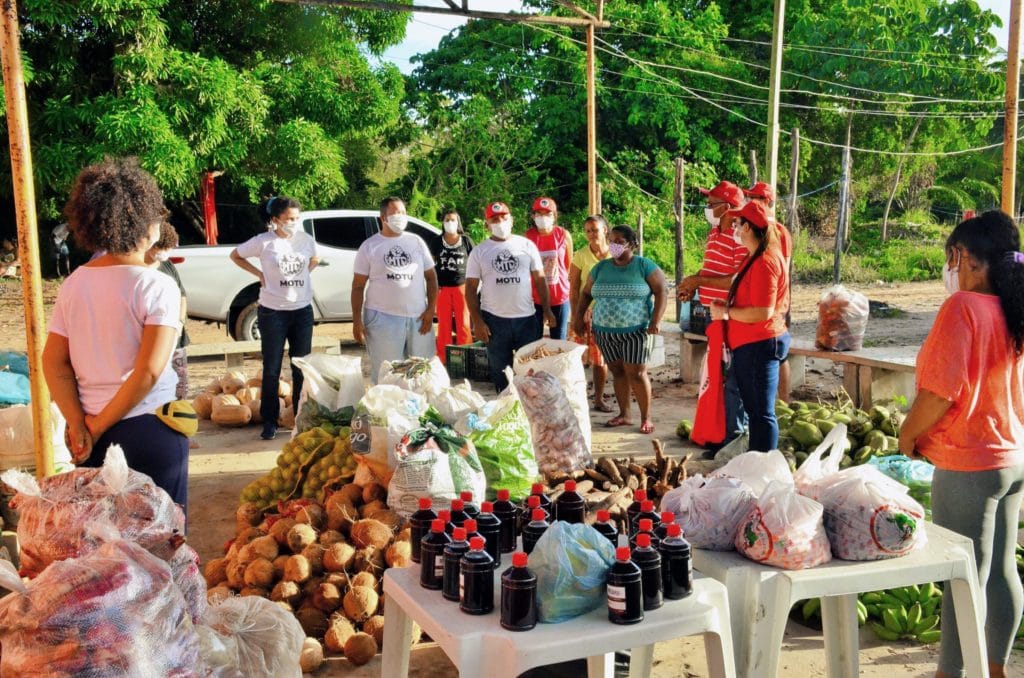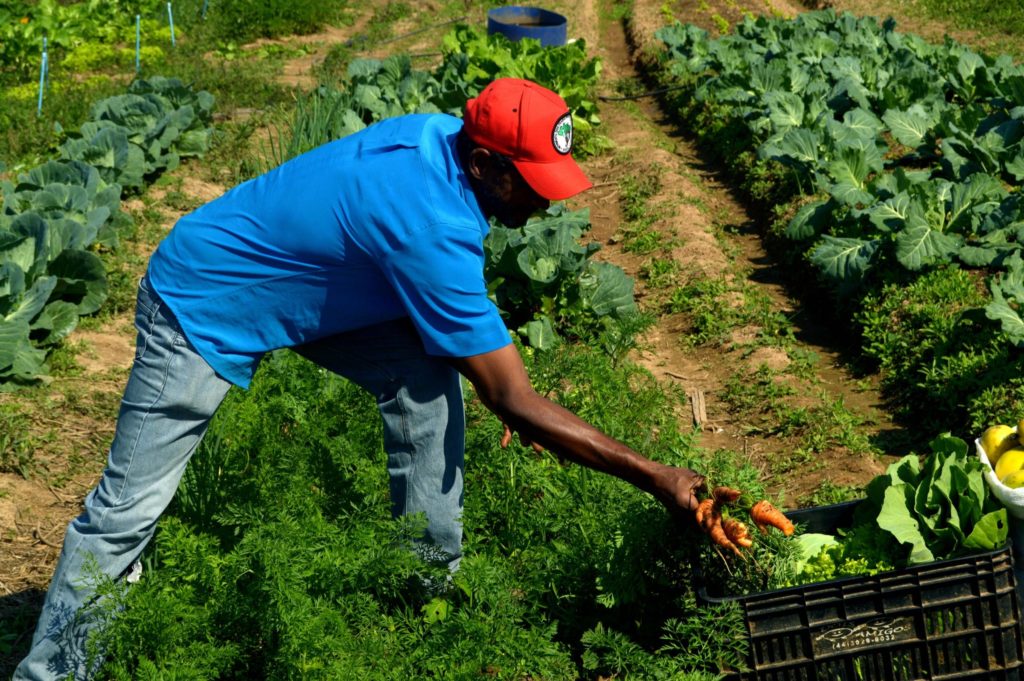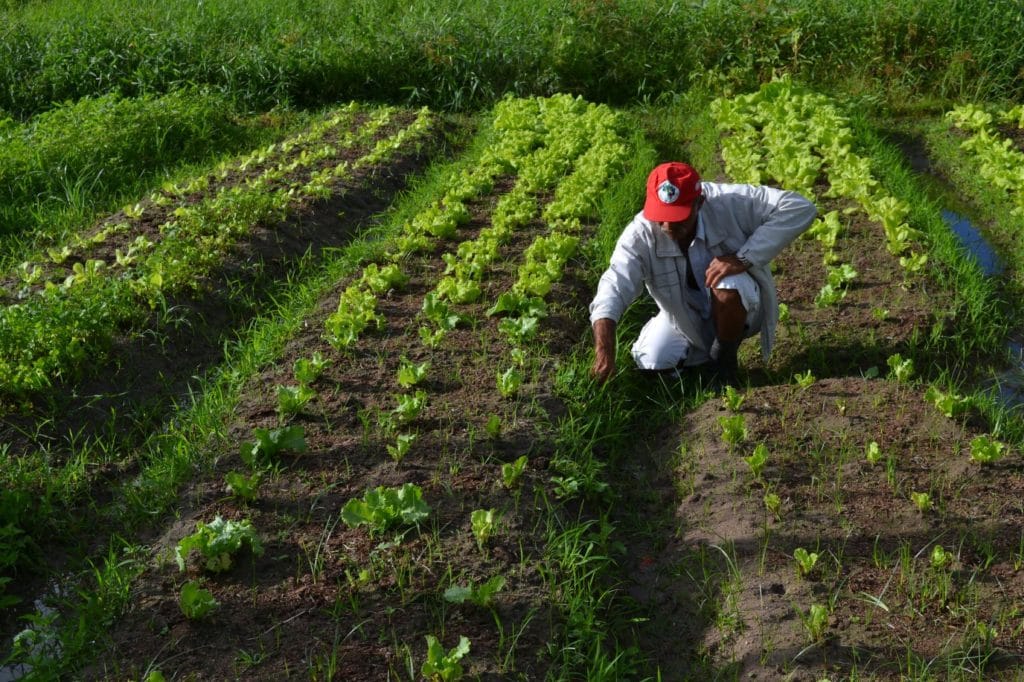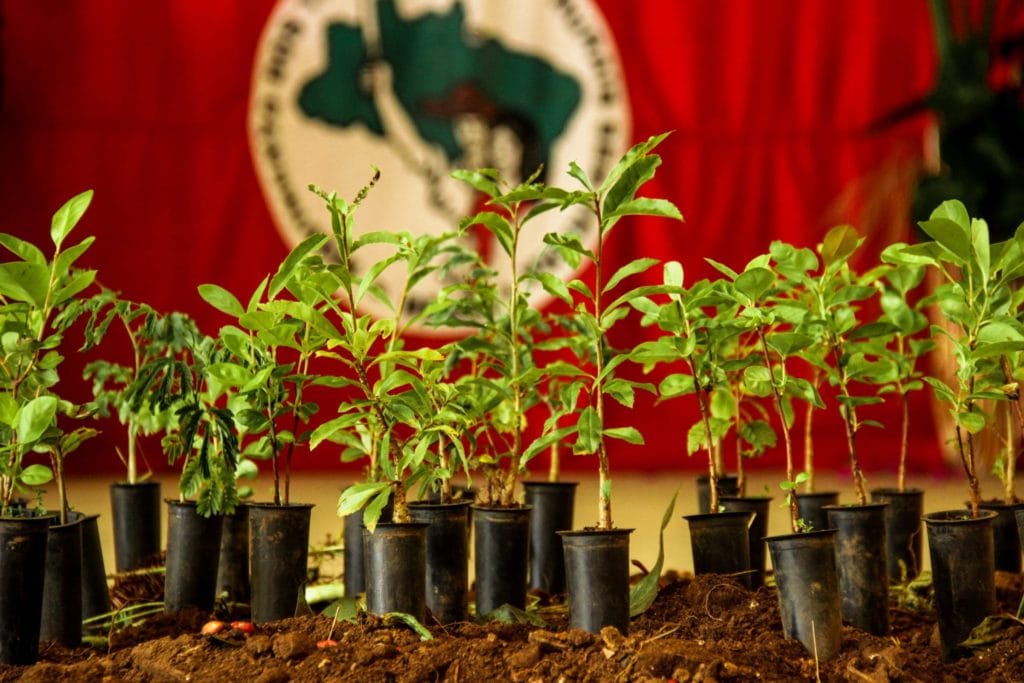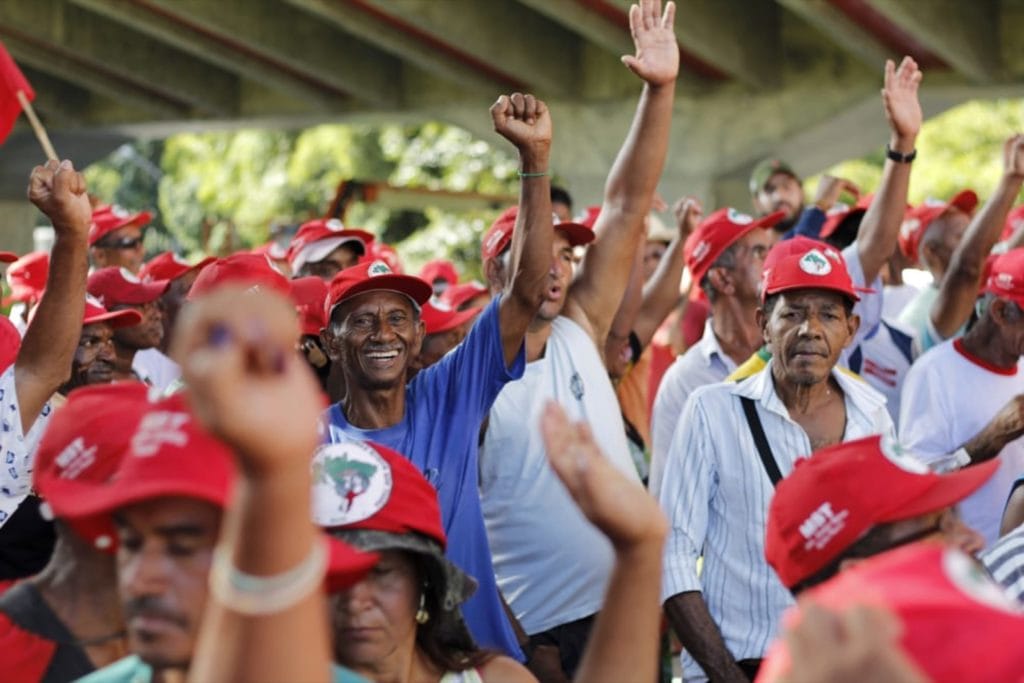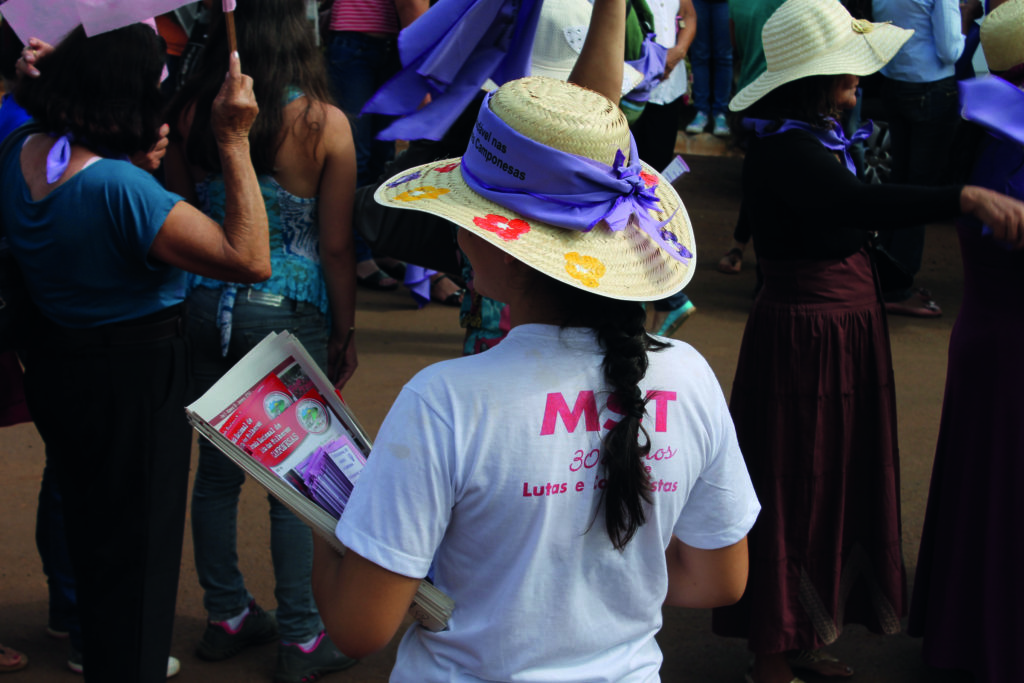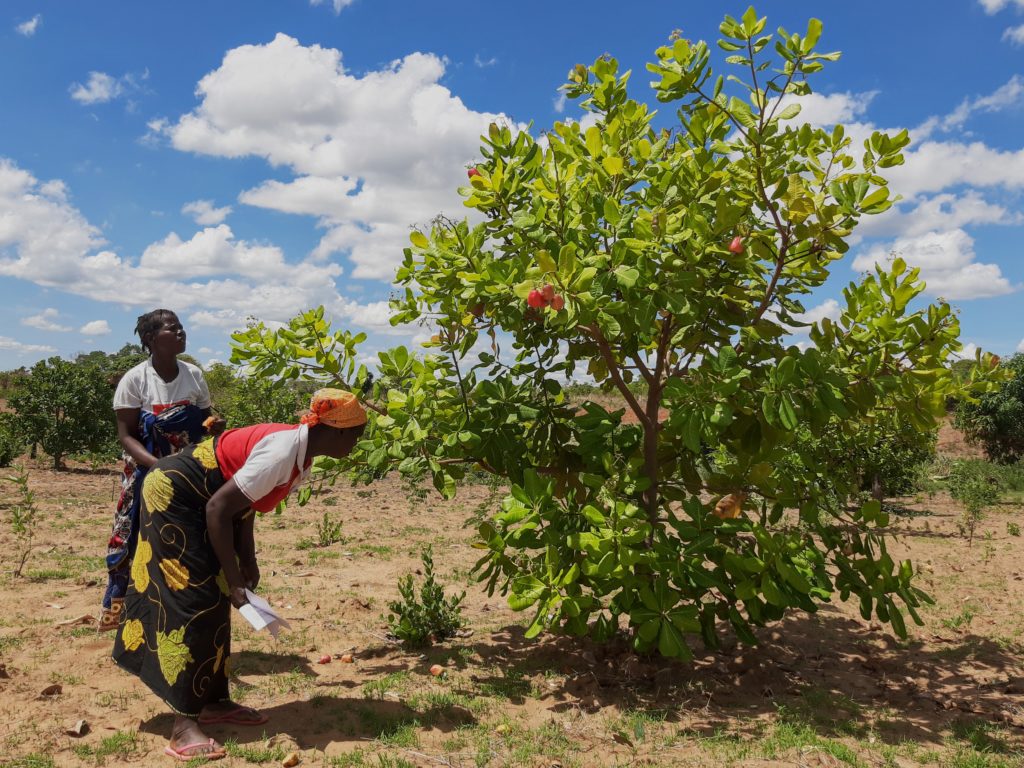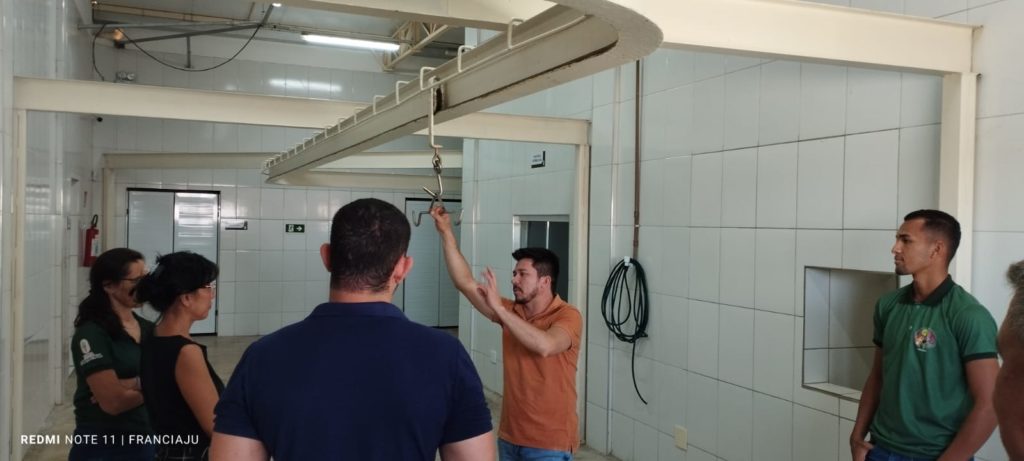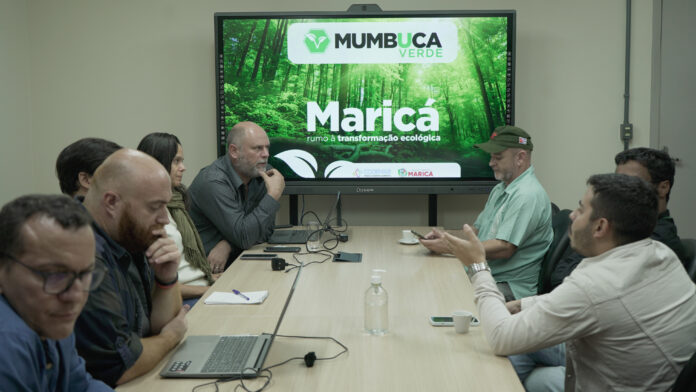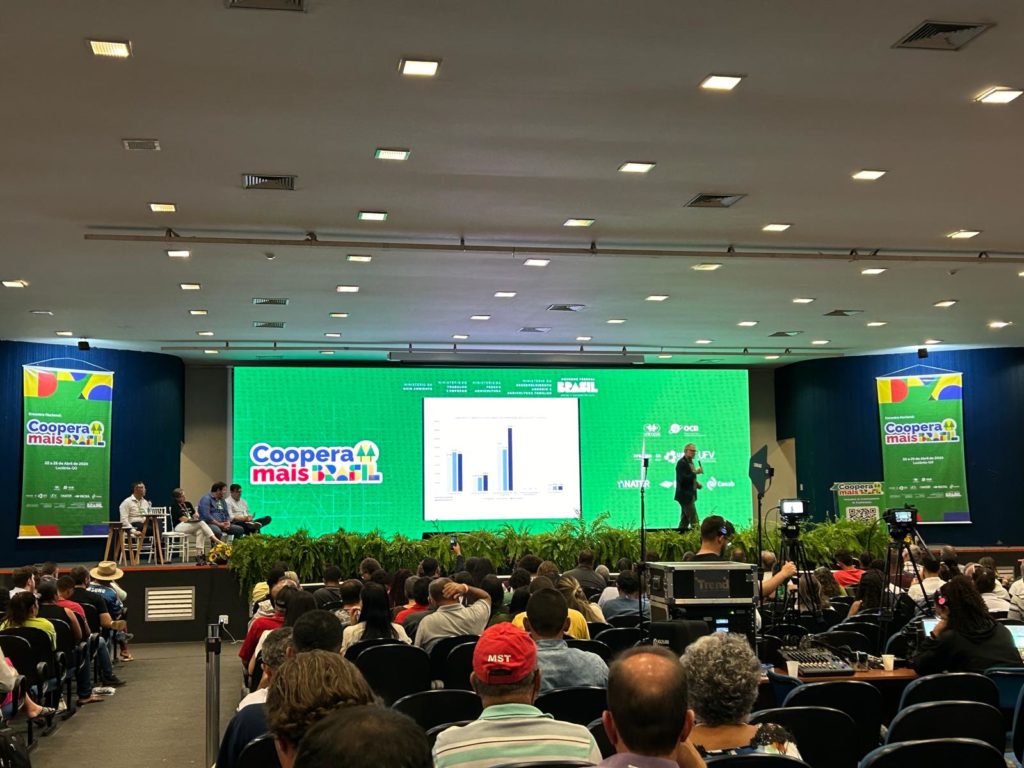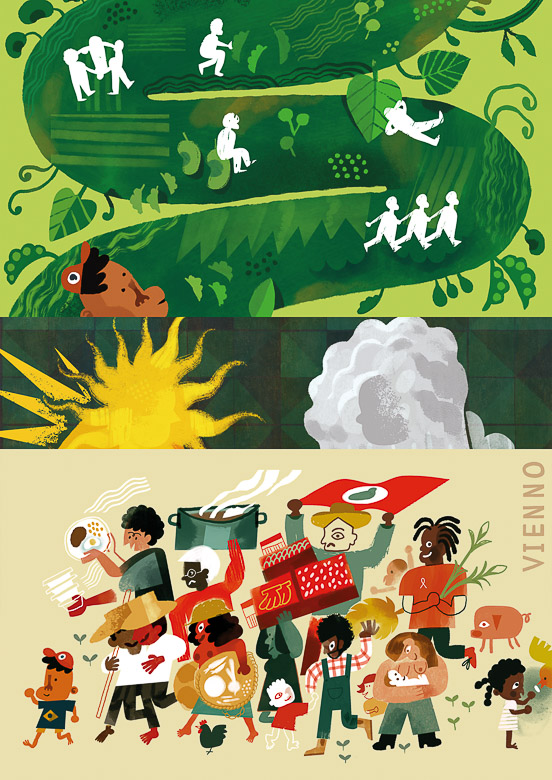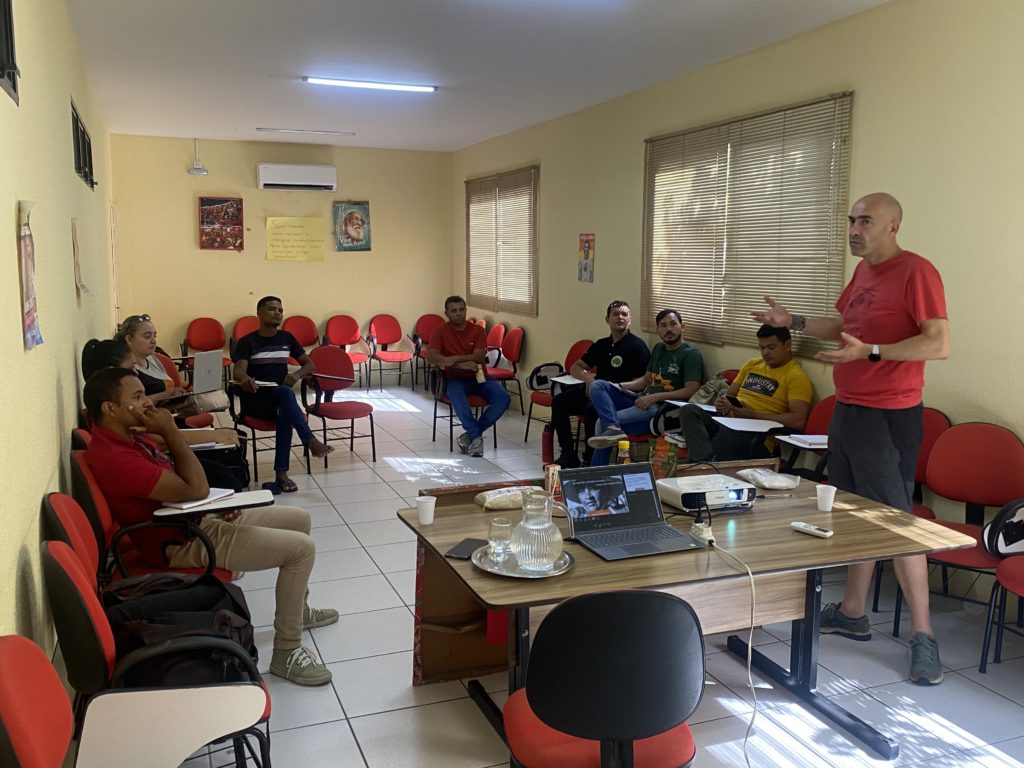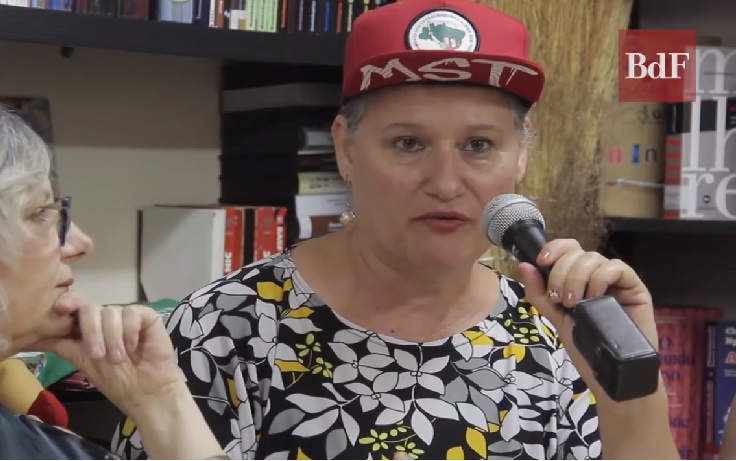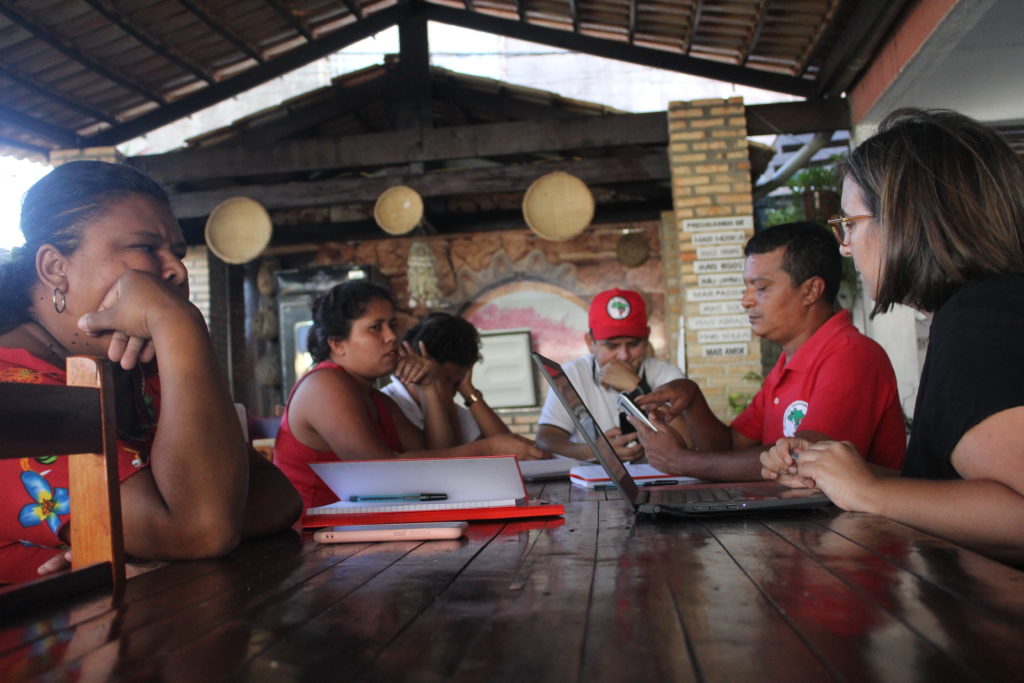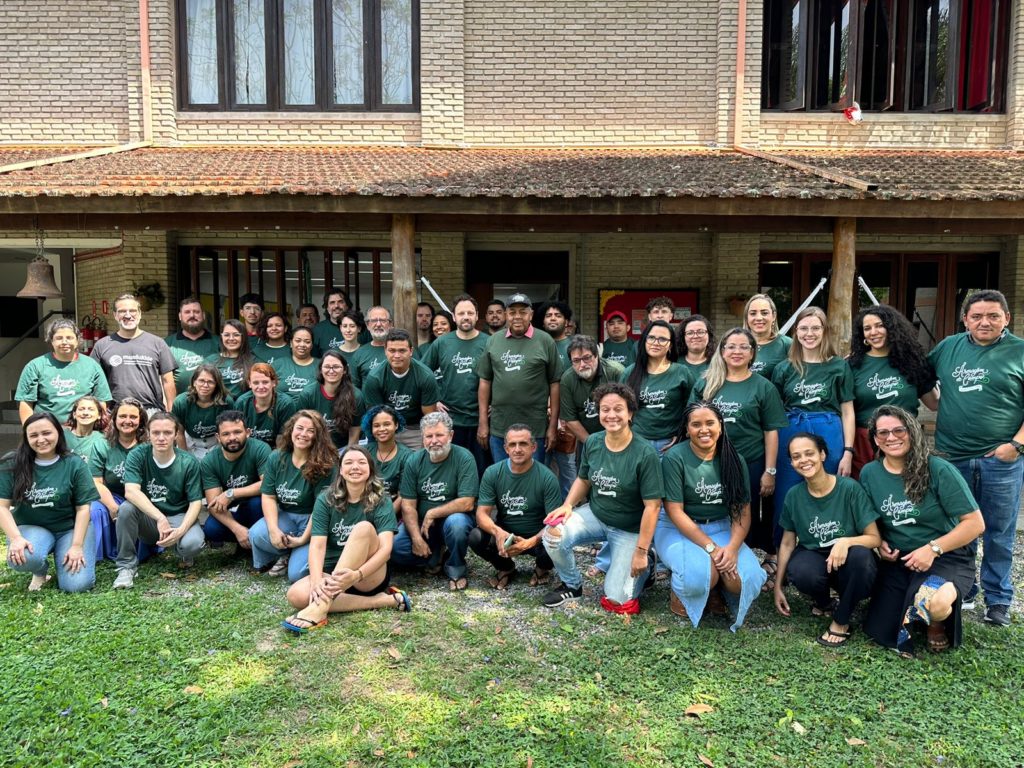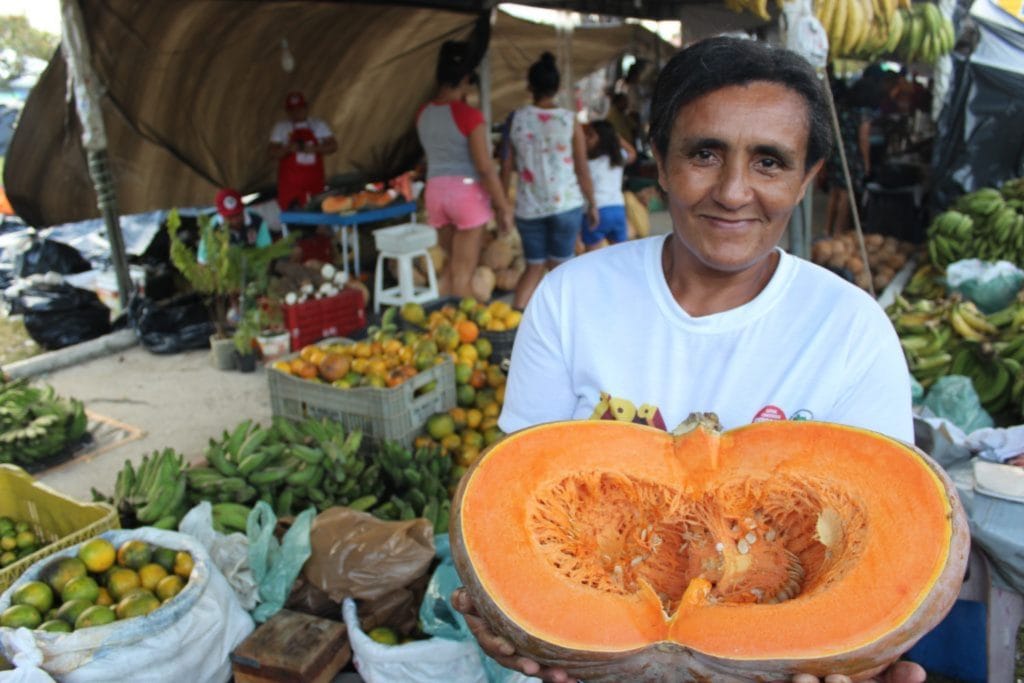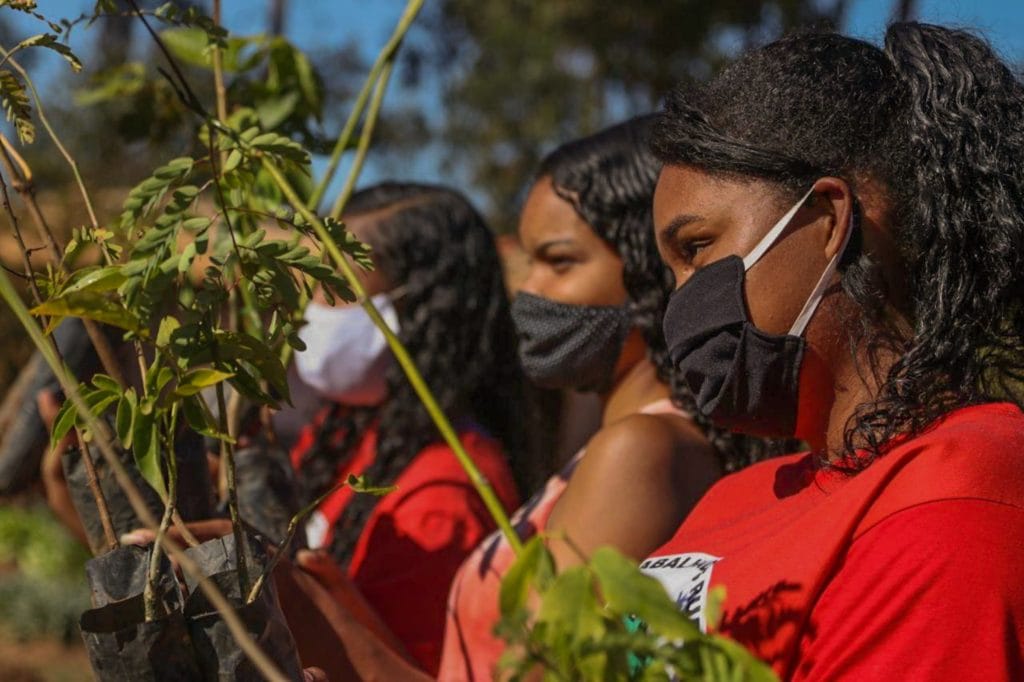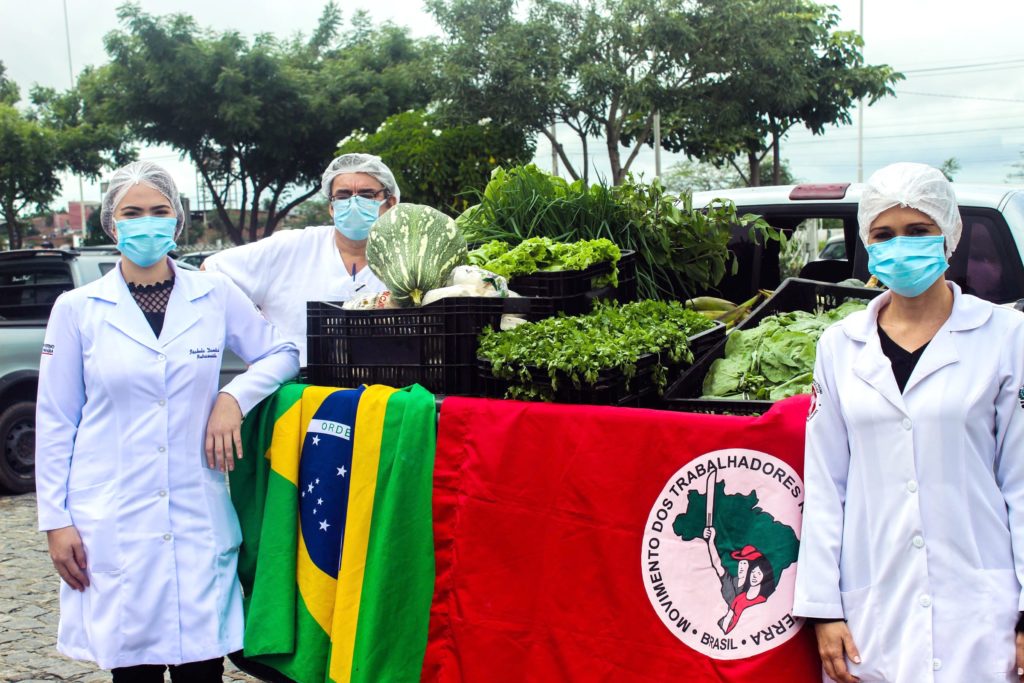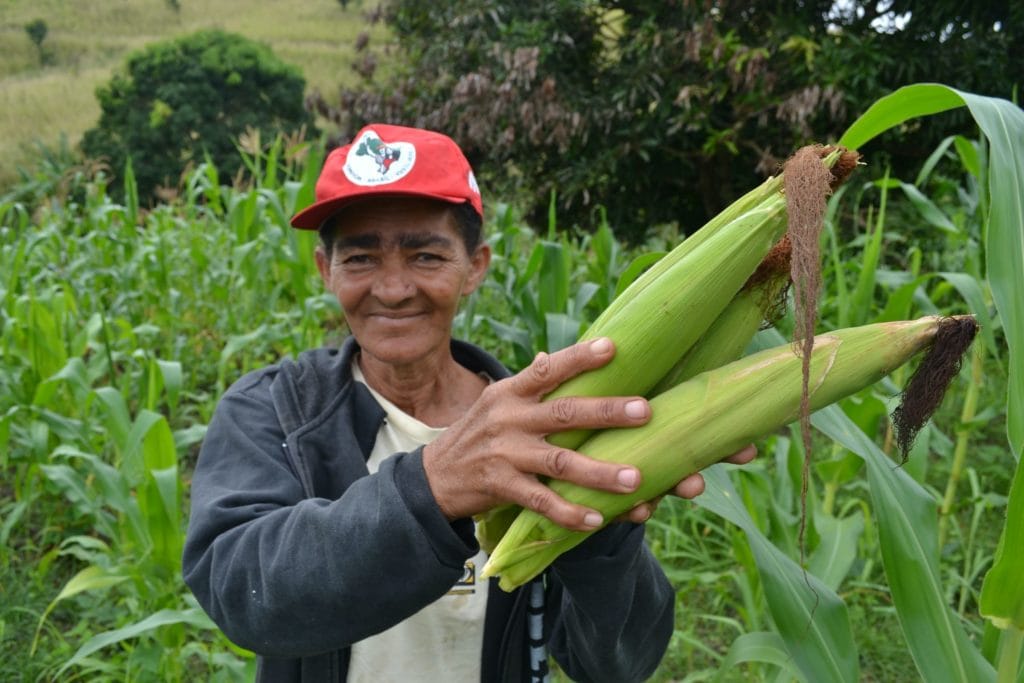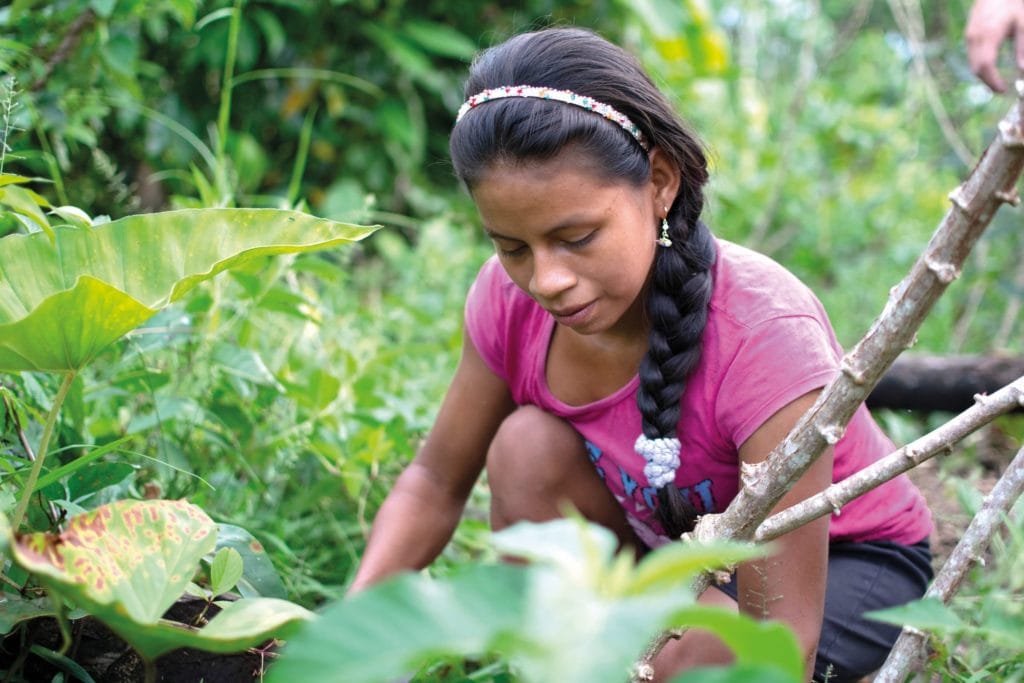We provide technical assistance in the state of Ceará and group training in other states. We train people to become leaders in setting up and managing cooperatives, both for social transformation and marketing purposes, following the in the footsteps of the consolidated cooperative ecosystem in the South region.
With more than 1,200 families directly benefited by the São José III Project, the industries will process more than 150 varieties of products.

Five agribusinesses for the processing of agricultural products in Ceará, involving 96 agrarian reform settlements. Photo: MST Ceará Archive
The MST of Ceará is in the implementation phase of five agribusinesses for the processing of agricultural products. The facilities are the result of the mobilization of workers, which aims to produce healthy food and access governmental and institutional markets. A total of 96 settlements are involved, with more than 1,200 families directly benefiting from the São José III Project. The industries will process more than 150 varieties of products.
An innovative project that works with various aspects of the organization, from the political management of the entities, the implementation of productive areas, the training of people, the strengthening of cooperation and inter-cooperation. The debate on the insertion of young people and women is guaranteed from the training of people to the hiring of employees.
In more than three decades of existence, the MST has organized several peasant families to enter the land and build their production conditions for self-consumption. In the current scenario, the Sectoral Cooperation of Production and Environment (SPCMA) of MST Ceará has oriented actions with the Government of the State of Ceará to improve the living conditions of the settled families, with a focus on the processing and commercialization of their products.
Ricardo Cassundé, Technician in Agroecology by the Alternative Technology Service (SERTA-PE) and militant of the productive sector, explains that all the territories organized by the MST in Ceará are located in municipalities plagued by semi-aridity where “this natural condition has placed our families in a few months in vulnerabilities to water shortages, degradation of natural resources that affect agricultural production”.
The enterprises are located in the territories conquered from the struggle for land and organized in productive systems with a focus on regional potential where we have processing plants for cashew nuts and walnuts (Zé Lourenço Settlement in Chorozinho), honey (Massapê Settlement in Mombasa), goats and sheep (Palestinian Settlement in Independência), cassava (Lagoa do Mineiro Settlement in Itarema) and milk (Nova Canaã Settlement in Quixeramobim).
Francisco Waldeci, based in the Massapê settlement in Mombasa, sees the possibility of disposing of his production in agribusiness. “This work for us here is a dream, because we produce it all our lives and only send it to the middleman, now we know that our production goes to our cooperative and at a fairer price, it improves our life and we are more interested in planting and creating on our land”, he celebrates.
For Manoel Missias, leader of the productive sector, the conquest of our agroindustries “is another important step towards the sustainability of our political field project for society, which the MST has been proposing to produce quality food for the population and guarantee better living conditions for the settled families”. Missias emphasizes that this project is part of a new dynamic in the daily life of the peasants, in relation to the ways of creating and sowing, “but which are necessary processes and which contribute directly to the strengthening of the participation of women and our youth in the different productive and social processes, because the guarantee of adding value and generating income becomes an important strategy of resistance and permanence of the families in the countryside”, he says.


Agribusiness will benefit milk, cashews and nuts, honey and cassava. Photos: MST Ceará Archive
Marketing in cooperatives
A total of six regional cooperatives act as administrators of the milk, honey, goat, cashew nut and cassava processing industries. These entities are the political and economic representation of the villagers and maintain a relationship with other family farmers in the regions. In 2020, the cooperatives began marketing experiences for the government and conventional markets, with the expectation of expanding this year 2021, as is the case of the Cooperativa Regional de Apicultores Asentados y Asentados de la Reforma Agraria (COOPERAMEL), which sold 24 tons of honey. in 2020 and intends to sell 60 tons in 2021.
The Cooperativa Regional de Asentadores de la Reforma Agraria do Sertão Central (COOPERASC) sold 730,000 liters to the Betânia dairy company and 498,400 liters to the Food Acquisition Program (PAA) and intends to increase its sales to 1,825,000 liters of milk. The Cooperativa Regional de Pobladores de Reforma Agrária do Sertão dos Inhamuns Crateús (COOPERAMUS) sold 1,600 animals and wants to expand to 10,000, in addition to industrialized products.
The Cooperativa Regional de Produção Agroindustrial Luis Carlos Ltda (COLPAC) sold 800 kilograms of almonds and in 2021 it expects to sell 100,000 kilograms. And in the coastal region, the Cooperativa Regional de Pobladores de la Región Costa Norte (COOPARANORTE) aims to sell 10 tons of cassava flour and gum this year.
The role of production in the struggle for Agrarian Reform
The MST has played an important role in the struggle for water, land, production, education, culture, among other infrastructures that make up the construction of the Popular Agrarian Reform. The conquest of agribusinesses for the processing of products in the Agrarian Reform areas, in partnership with the Government of Ceará and the Secretariat of Agrarian Development (SDA), through the São José III Project and the Mundikide Foundation of the Basque Country, which has collaborated with people management and cooperative experiences based on the work of specialized professionals, ensured the implementation of structuring projects that allow settled farmers to sell their products in an agroecological manner.
Another challenge that goes hand in hand with the success of agroindustrialization is agricultural cooperation. Currently, the MST of Ceará manages Agricultural Production Cooperatives (CPA’s) with a focus on commercialization with local and institutional markets, in addition to training processes with settled families focused on agroecological production.
Ricardo Cassundé, who collaborates in guiding productive nuclei for agroindustries and focusing on organic certification, says that “promoting agroecological production is a way out of the dependence on inputs that make production more expensive, but above all it is a way to build technological alternatives to promote health and dignity in the countryside. Because eating healthy is a right of all those who plant, harvest and consume,” he concludes.
Content originally published in Sem Terra Ceará Magazine
